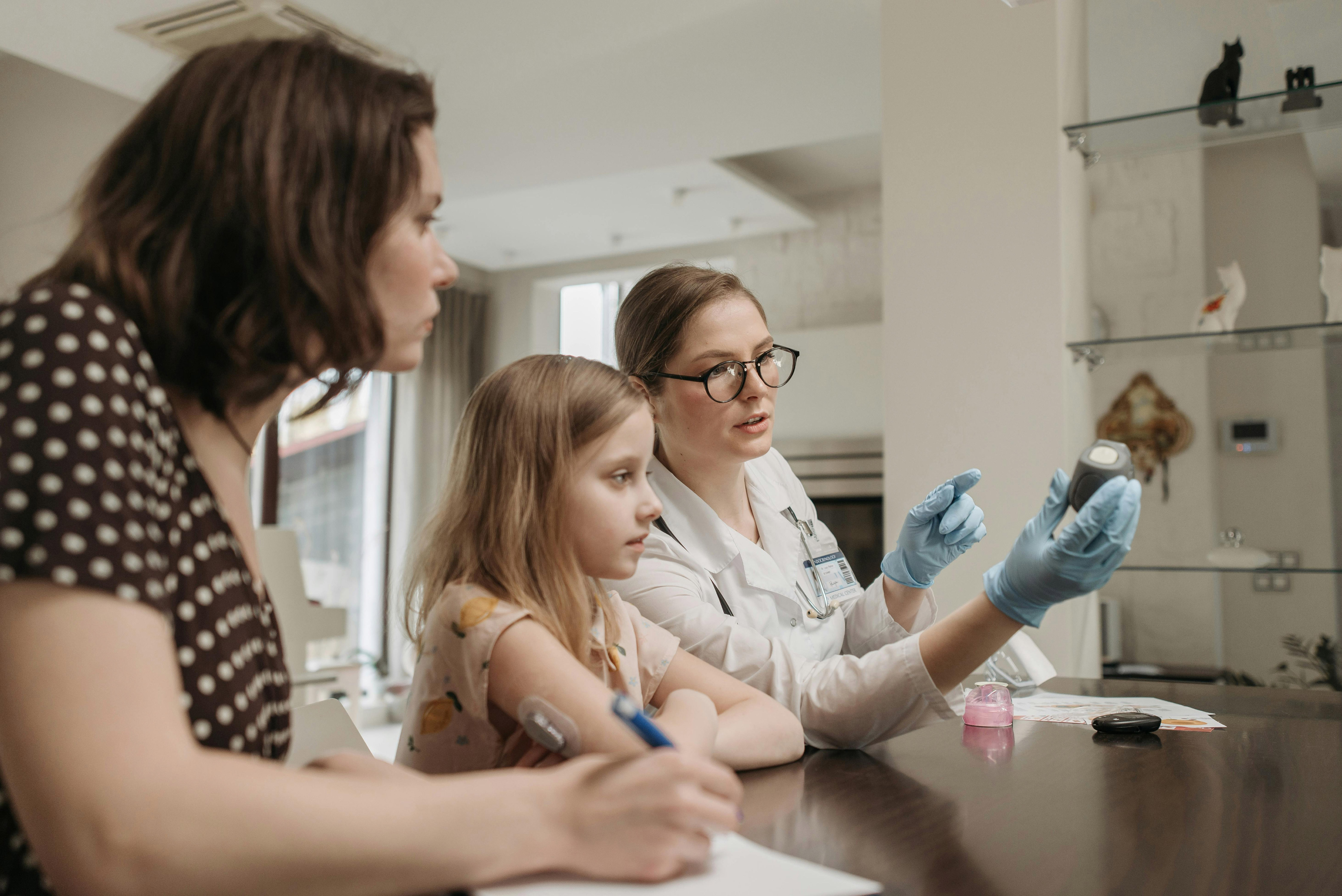The Firefly Hill Foundation aims to help patients access healthcare treatment that they otherwise could not afford.
Most American patients cannot afford the care they need.
According to the Commonwealth Fund 2023 survey, 38% of working age Americans reported delaying or skipping needed health care or prescription drugs in the past year because they couldn’t afford the expense. The same is true for clinical trials, where the likelihood to participate in clinical trials decreases as household income decreases, given the significant out of pocket cost involved in trial participation.

Our work focuses on removing financial barriers.
The Firefly Hill Foundation provides financial resources to patients and their families, to help them offset the costs associated with medical treatment, including clinical trial participation.
It was founded by Jennifer Peters, the cofounder and former Chief Experience Officer of Greenphire, the first clinical trial participant payment solution. Leading Greenphire from inception to its successful acquisition, Jennifer was well versed in the challenges of providing payments to trial participants. But it wasn’t until her childhood friend, Harley, was diagnosed with ALS and participated in a clinical trial, that Jennifer truly grasped the expenses that patients and their families incur. Harley’s wife, Maureen, juggled being a caregiver, a mother to two young children, and the sole financial provider facing mounting medical expenses.
Since Harley’s passing in 2022, Maureen and Jennifer dedicated their free time to supporting families dealing with similar circumstances. The Firefly Hill Foundation’s mission is both simple and challenging. We want to provide as many patients as possible access to lifesaving or life extending care by helping them get access to healthcare that they may not be able to afford.


We are starting with The Rare Disease Financial Assistance Fund.
Our first fund is dedicated to supporting rare disease patients.
According to estimates, costs per patient per year for those with a rare disease significantly exceed costs for other diseases, with costs estimated to be at 3-5 times higher than those of non-rare diseases. This amounts to an estimated economic costs of nearly $1 trillion in the US across 379 rare diseases. These high costs, combined with the inherent funding challenges that come with being part of a smaller group of patients, makes this an area where our focus can offer patients and caregivers critical support.
The Rare Disease Financial Assistance Fund will provide grants to patients who meet defined financial and medical criteria. Grants will be provided on a first-come-first-served basis, unless they meet the our urgency exception criteria for expedited processing.
Our Team





Get Involved








